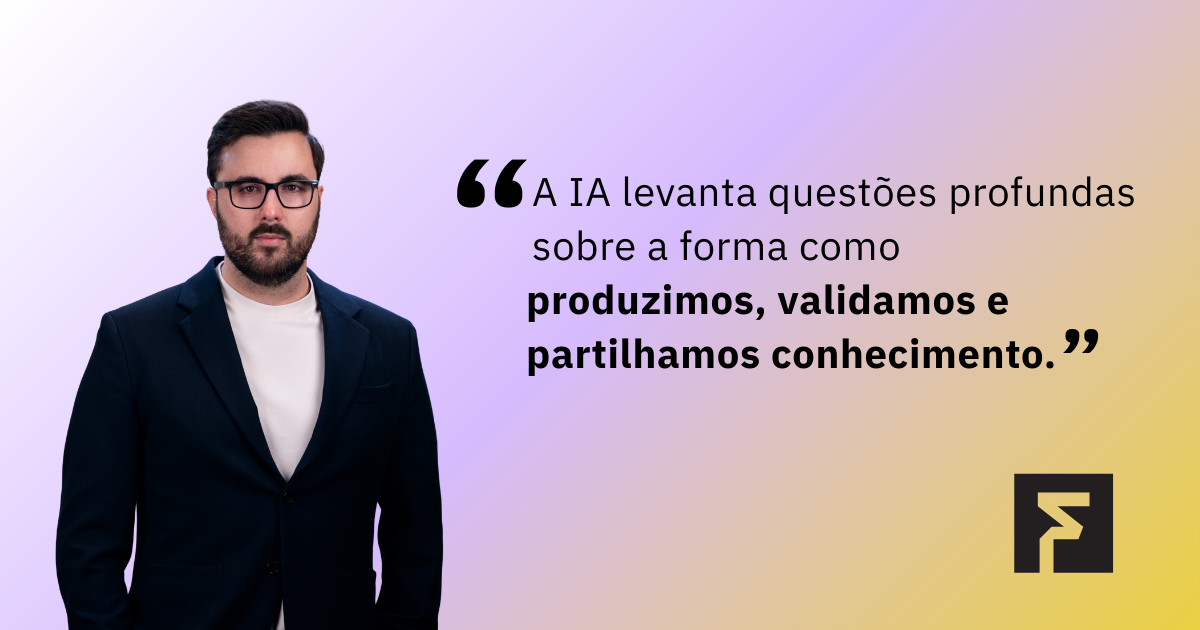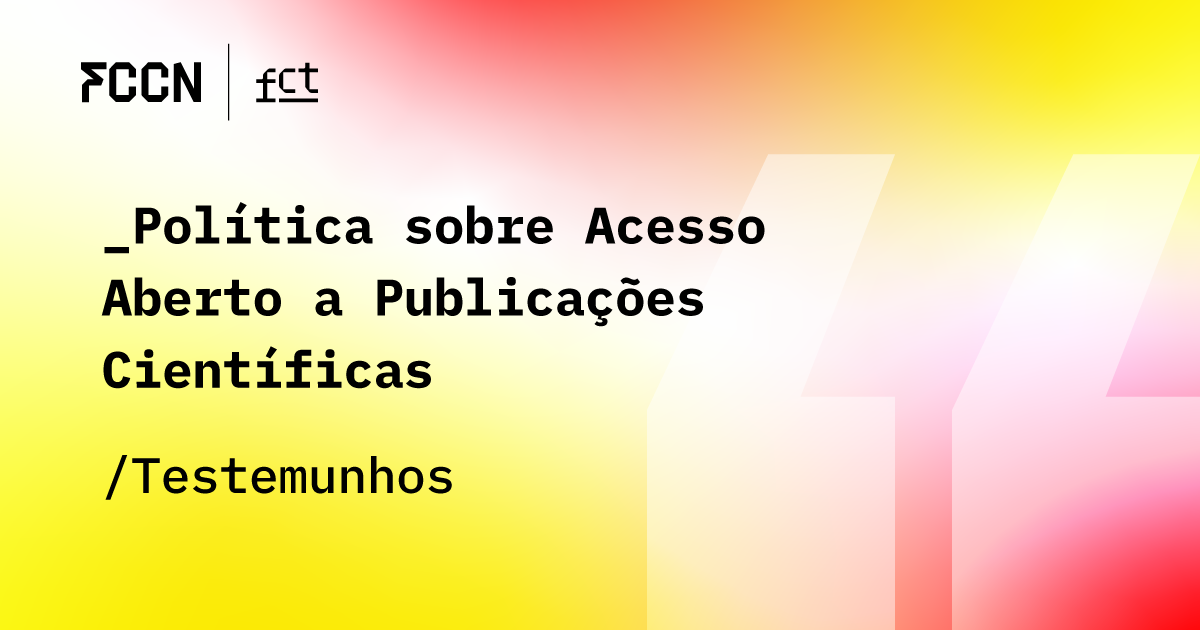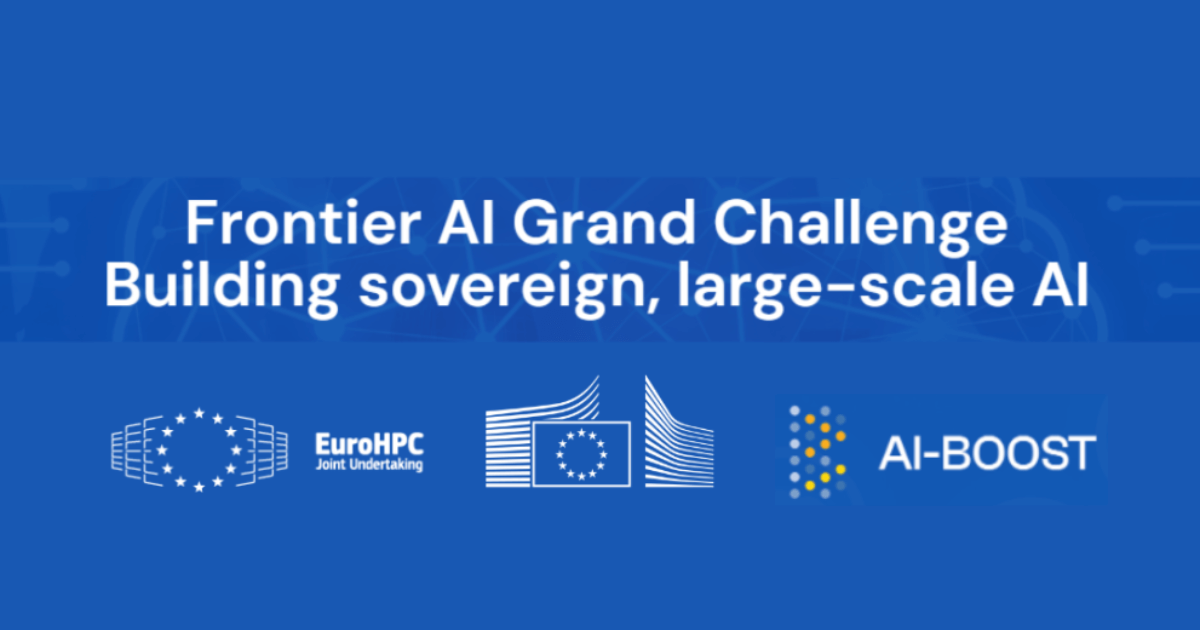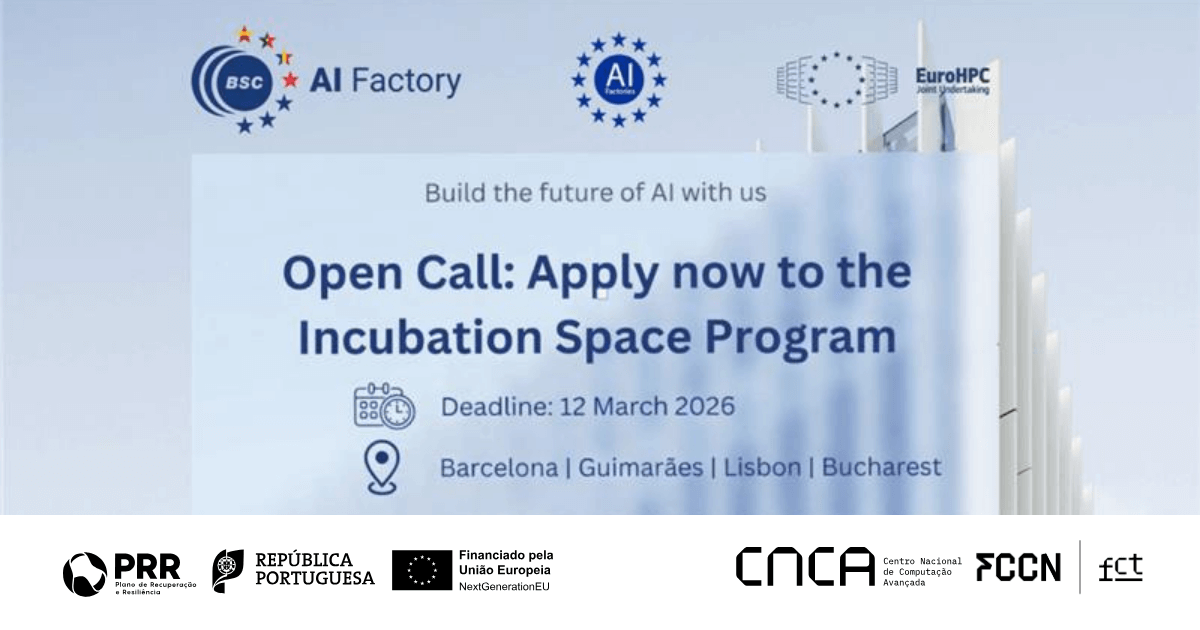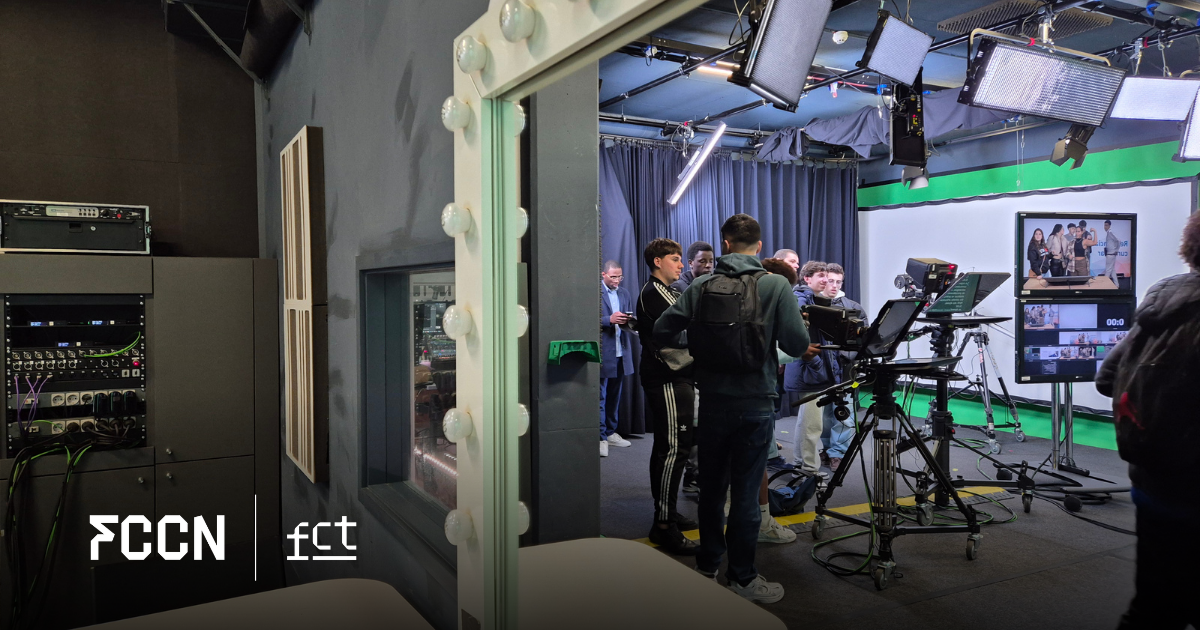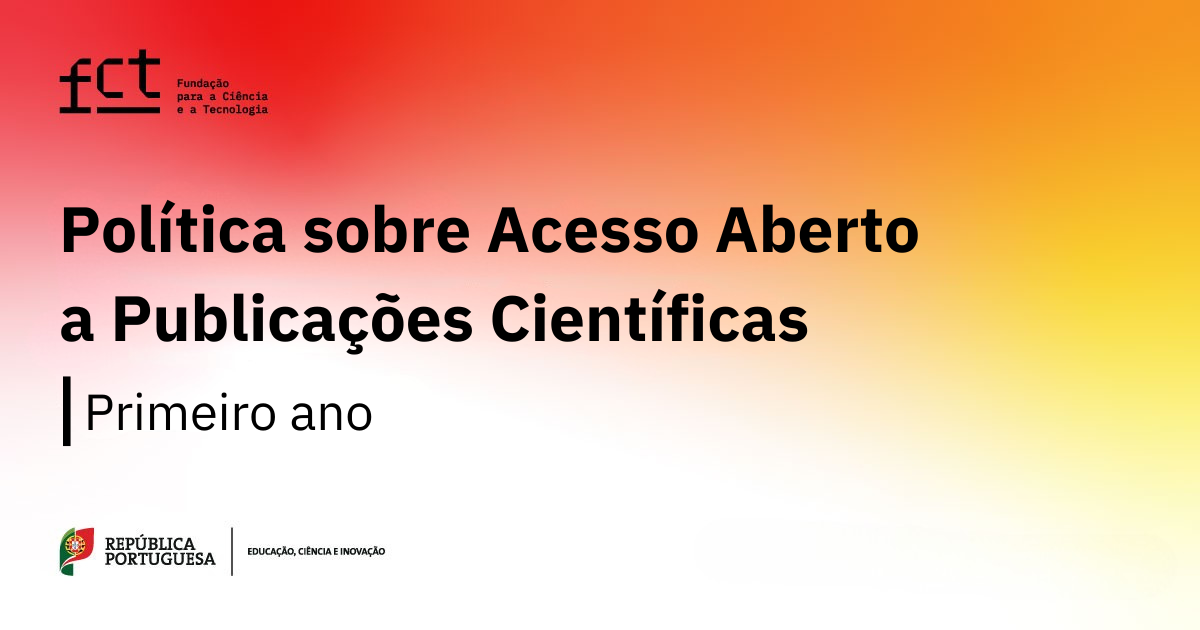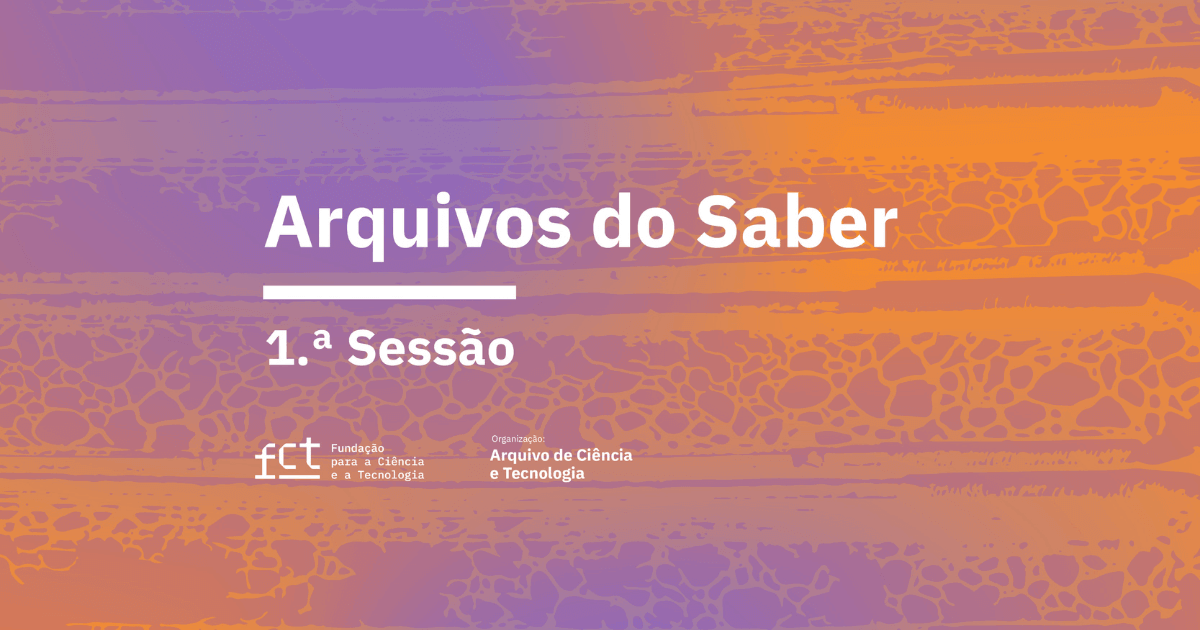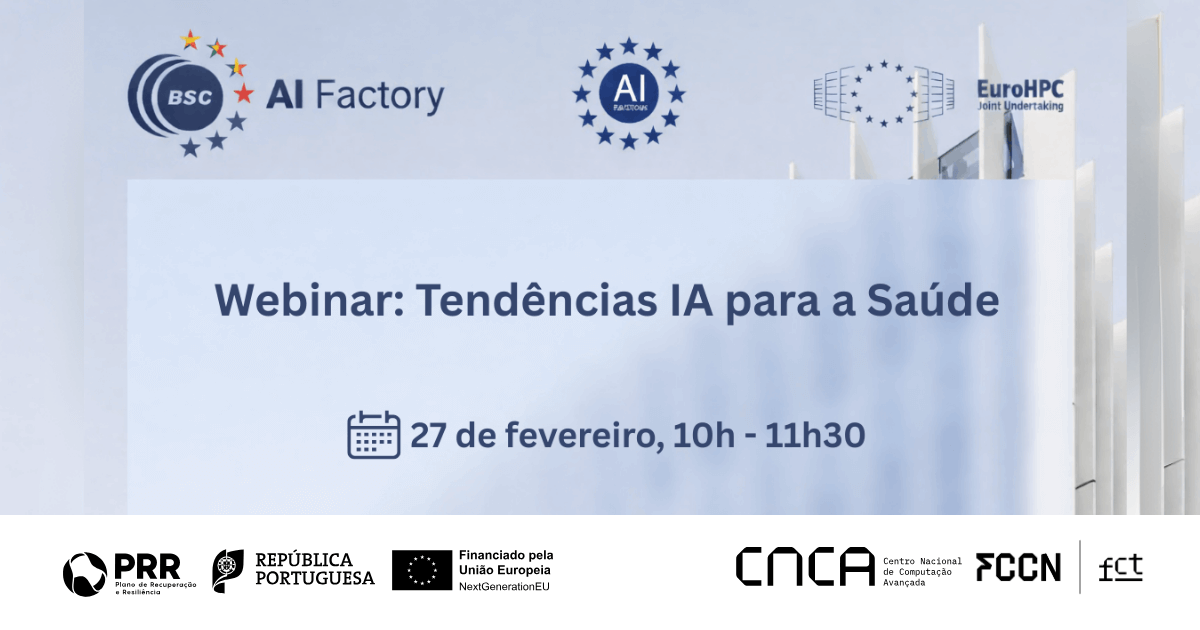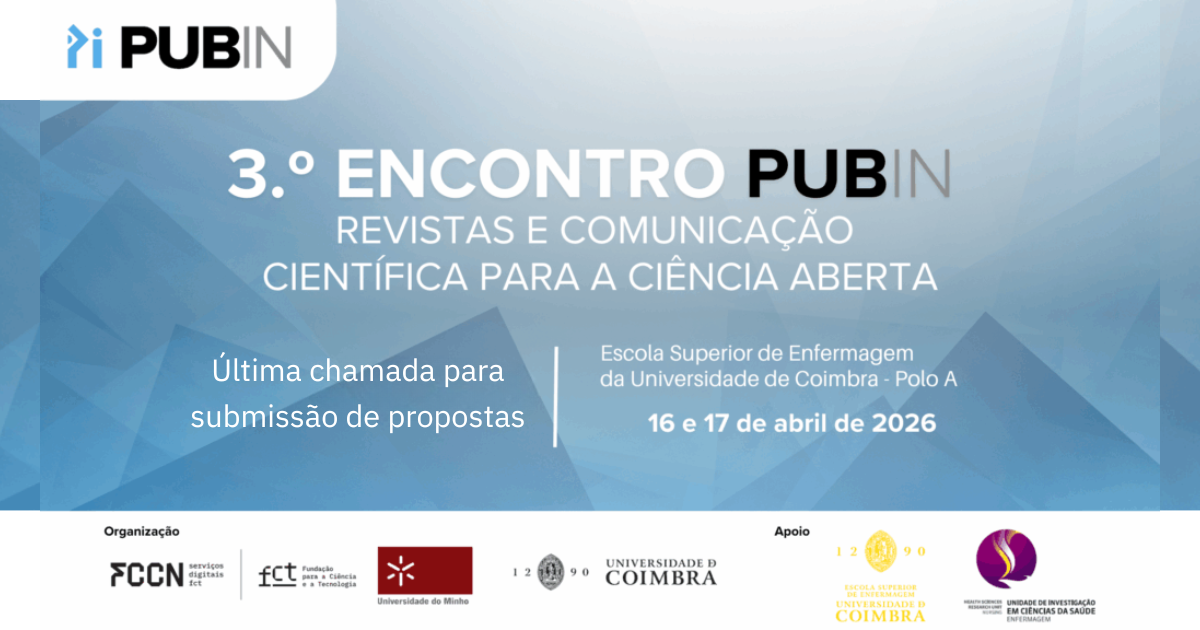Artificial Intelligence (AI) is no longer just a developing technology with potential. Today, it's present in everyone's daily lives, especially students', whether in the form of virtual assistants, study apps, or writing and research support platforms.
This is a reality that opens many doors, but it must also be approached responsibly.
Benefits and Opportunities for Students
AI can be a great ally in studying and learning. Its advantages include:
- Personalized support: AI tools can adapt to the pace and needs of each student, helping to clarify doubts immediately.
- Organization and productivity: Applications that summarize texts, suggest study plans, or help with revision can make the learning process more efficient and faster.
- Access to more resources and information: AI facilitates contact with different perspectives and content, encouraging autonomy and curiosity.
However, it's essential to remember that these tools are not a substitute for classroom learning, critical thinking, or individual effort. Their greatest value lies in complement and support the student, not automatically resolve their challenges and difficulties.
Care and good practices
The use of AI also requires a high degree of responsibility, so students must take a preventative approach:
- Do not use AI as brain “outsourcing”: This misuse leads to poor development of essential skills such as writing, manual research, information analysis, creativity, problem-solving, etc. One of the precautions to take is to avoid rapid delivery of information by AI, as this goes against one of the most important learning methods: "active learning." It's important to ensure that the student actively participates in the learning process and doesn't just receive the answer to the problem. To combat this tendency, we can use artificial intelligence. prompts not to directly give the answer but rather to guide and motivate the student to try and study.
- Confirm information and think critically: To ensure that everything used is correct, students should verify all information provided by the tools they use. To this end, one of the student's priorities should be developing critical thinking skills to question everything done with AI tools and apply this information to a process of evaluation and interpretation.
- Respect ethics: AI should only be used as a basis for creating content, a response, or an assignment. It's up to the student to add their own input and not simply copy what's provided.
In order to promote the use of Responsible Artificial Intelligence within the Higher Education community, In Portugal, the Foundation for Science and Technology, through its digital services unit FCCN, created in 2025 the IAedu.
This platform is designed specifically for the academic community and, unlike generalist tools, seeks to offer security, privacy and content adapted to educational needs, being a reliable option for Higher Education in Portugal.


